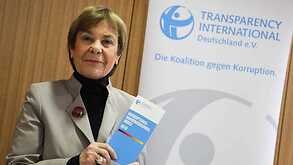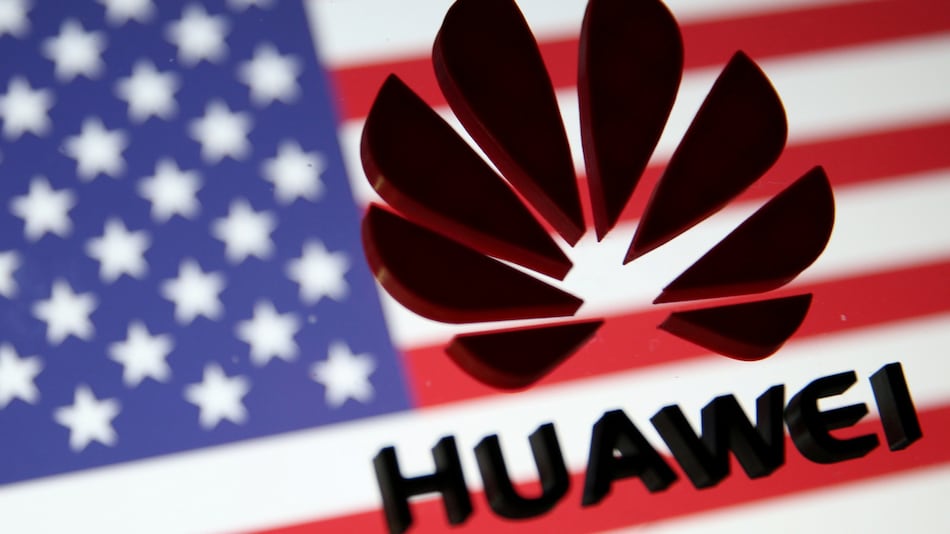A Transparency International report on corruption shows Australia remained among the top 20 “cleanest” countries.
Australia has remained among the world’s top 20 cleanest countries in an annual corruption survey in which Denmark and New Zealand come out on top and the US has been knocked out of the pack.
Watchdog group Transparency International said its Corruption Perceptions Index for 2018 released on Tuesday showed more than two-thirds of countries scoring below 50, on its scale where 100 is very clean and zero is very corrupt.
Australia scored the same score as last year, 77/100, to stay 13th.
But the US dropped four points and fell outside the top 20 cleanest nations for the first time since 2011, according to the survey.
“The low score comes at a time when the US is experiencing threats to its system of checks and balances as well as an erosion of ethical norms at the highest levels of power,” TI said in its annual report.
The second year of Trump’s presidency was a turbulent one, ranging from damaging revelations in an investigation probing links between Trump’s 2016 campaign team and Russia, to his controversial backing for a Supreme Court nominee accused of sexual assault.
The US leader, who frequently rails against the media for writing “fake news”, was also dogged by accusations of nepotism and conflicts of interest.
Last month, Trump agreed to close his personal charity after the New York attorney general said it had acted “as little more than a checkbook to serve Mr Trump’s business and political interests”.
Since 2012, only 20 nations had significantly improved their scores, including Argentina and Ivory Coast, which scored 40 and 35 respectively, up from 35 and 29.
At the same time, 16 have declined significantly in that time, including Australia, which slipped from a score of 85 to 77, and Chile, which dropped from 72 to 67.
Somalia was rated the most corrupt with a score of 10, followed by Syria, South Sudan, Yemen, North Korea, Sudan, Guinea Bissau, Equatorial Guinea, Afghanistan and Libya.
Overall, Denmark led the survey as the least corrupt nation, with a score of 88, followed by New Zealand, Finland, Singapore, Sweden and Switzerland.
Rounding out the top group were Norway, Netherlands, Canada, Luxembourg, Germany and Britain.
In a cross-analysis of its survey with global democracy data, Transparency said a link could be drawn between corruption and the health of a democracy.
Full democracies scored an average of 75 on the corruption index, flawed democracies averaged 49, and autocratic regimes averaged 30, the organisation said.
It noted that Hungary dropped eight points and Turkey nine over the past five years, to scores of 46 and 41, respectively.
At the same time, the report cited Freedom House’s annual democracy survey, noting Turkey was downgraded from “partly free” to “not free,” while Hungary registered its lowest score for political rights since the fall of communism in 1989.
The ratings reflect the “deterioration of rule of law and democratic institutions, as well as a rapidly shrinking space for civil society and independent media,” the organisation said.
“Our research makes a clear link between having a healthy democracy and successfully fighting public sector corruption,” said Delia Ferreira Rubio, the head of Transparency.
“Corruption is much more likely to flourish where democratic foundations are weak and, as we have seen in many countries, where undemocratic and populist politicians can use it to their advantage.”
The index is calculated using 13 different data sources that provide perceptions of public sector corruption from business people and country experts.
[“source=sbs.com.au”]




